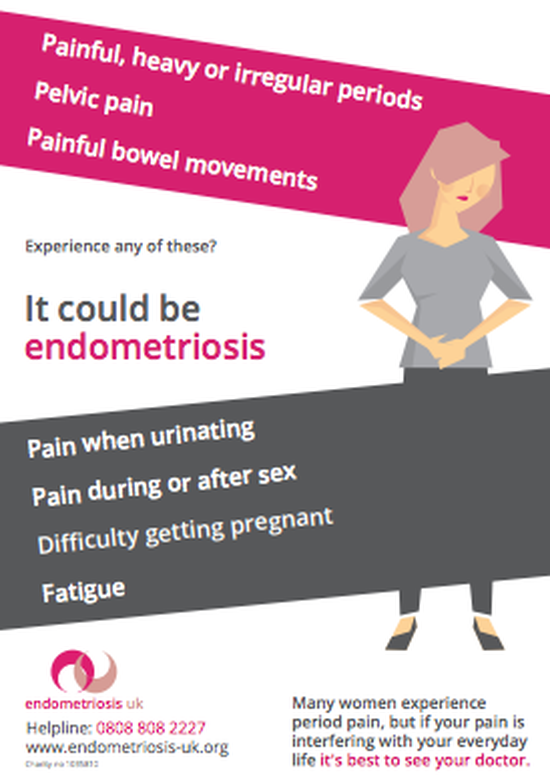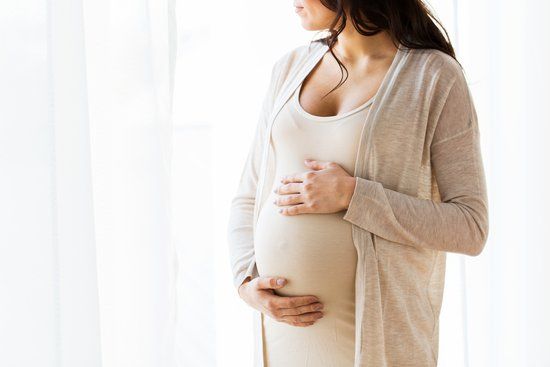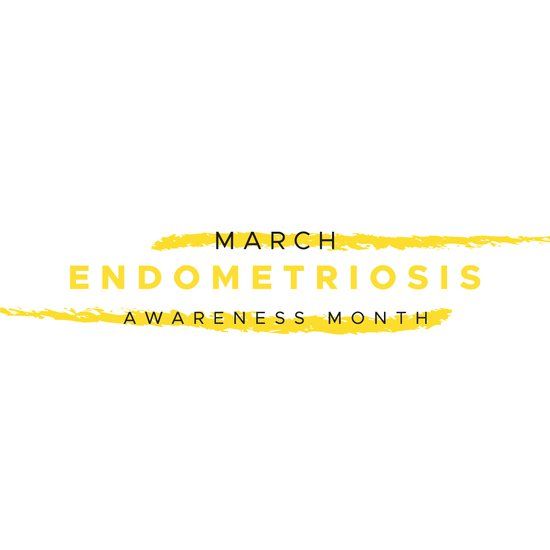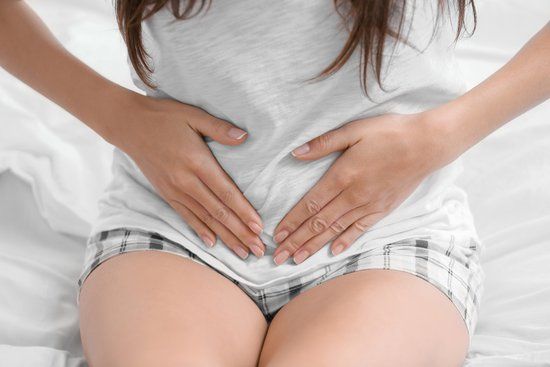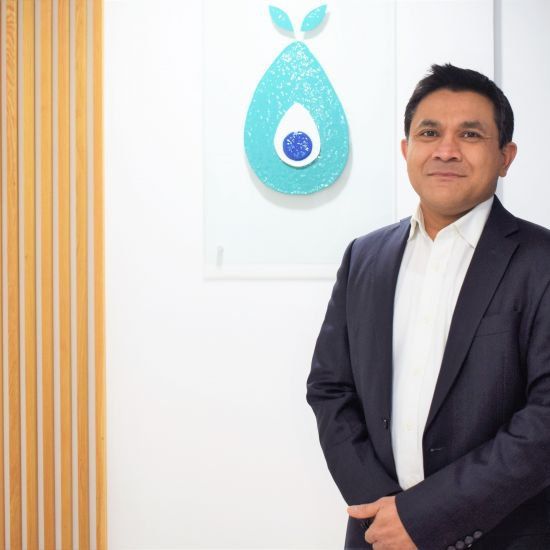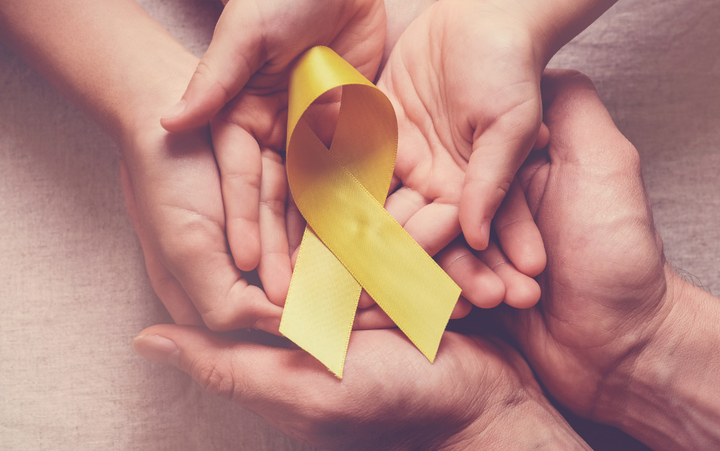
Did you know there are approximately 1.5 million diagnosed endometriosis cases nationwide? For such a common condition, endometriosis is often misunderstood. As March 1st marks Endometriosis Action Month, we want to explore the link between endometriosis and fertility problems. For people diagnosed with this condition, it can cause anxiety around family planning.
As a specialist fertility clinic, we want to highlight symptoms, examine how endometriosis can affect fertility, and what can be done to help people with this condition.
What is endometriosis?
Endometriosis is a condition that occurs in women and those assigned female at birth (AFAB). It's an inflammatory condition where tissue, similar to the lining of the uterus, grows in other parts of the body, such as in the ovaries, fallopian tubes or bowel. This tissue reacts to the monthly hormone cycle in the body, meaning cells bleed with each menstrual cycle. Blood outside the uterus can't leave the body in the same way, which can cause inflammation, pain and the formation of scar tissue.
This diagram shows an example of how endometriosis may look inside the body. As you can see, the uterine lining is present in patches around the outside of the fallopian tube, ovary and womb wall.
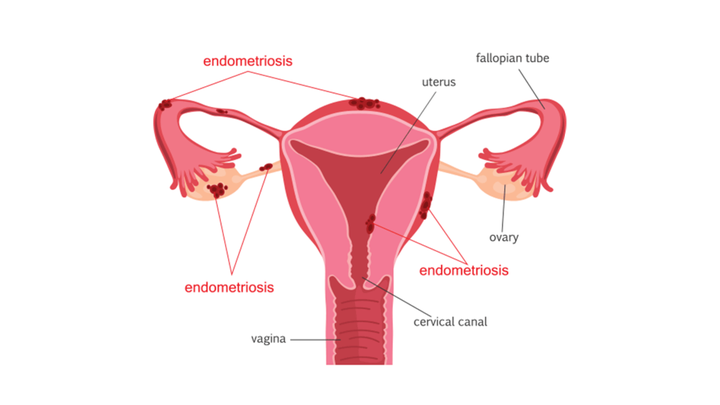
It can be painful and impact a person's relationships, mental health, quality of life and even fertility. With the right treatment, many of these impacts can be lessened.
Endometriosis affects 1 in 10 women and those AFAB of reproductive age in the UK.
What are the symptoms of endometriosis?
The most common signs of endometriosis are:
- Pelvic pain
- Period pain that stops you from doing normal activities
- Pain during or after intercourse
- Painful bowel movements
- Pain when urinating
- Difficulty getting pregnant
- Fatigue
It can be difficult to diagnose endometriosis as the symptoms are so varied. Additionally, every person with endometriosis will experience them differently. For example, someone who has always had heavier periods or painful cramps may not realise that they could have endometriosis.
You can find more information about symptoms of endometriosis on the NHS website.
If you have symptoms of endometriosis, such as those mentioned above, you should make an appointment with your GP, they may recommend treatments if they think you have endometriosis or refer you to a specialist gynaecologist.
Endometriosis UK recommends that those seeking an endometriosis diagnosis record their symptoms and experiences. You can prepare for your appointment using their helpful pain and symptoms diary.
Does endometriosis affect fertility?
Endometriosis does not necessarily cause infertility, however, there is a link between the condition and certain fertility concerns, such as damage to the fallopian tubes and ovaries. There is also a minimal increase in the risk of miscarriage for someone with endometriosis.
The good news is that natural conception is possible for those who suffer with endometriosis. In fact, research suggests that 60-70% of women, and those AFAB, diagnosed with endometriosis can get pregnant without the need for fertility treatment.
Endometriosis and Fertility Treatment
If you have struggled to conceive naturally, there are options available to you. Our specialist fertility consultants will do all they can to ensure you get the best possible chance of fertility success. Treatments such as IVF or IUI can still be effective.
If you're not ready yet, we can even offer egg freezing to increase your chances of a future pregnancy.
IVF treatment with endometriosis
One of the most common forms of fertility treatment is IVF, also known as In-vitro Fertilisation. During IVF, eggs are collected from the ovaries and fertilised with sperm by a specialist embryologist in a laboratory. The fertilised embryo is then returned to the uterus to develop. You may consider IVF if there is damage to your ovaries or fallopian tubes due to endometriosis.
IUI treatment with endometriosis
IUI – Intrauterine Insemination or 'artificial insemination' – is a fertility treatment that encourages pregnancy by placing prepared sperm close to the egg for fertilisation. As endometriosis has been known to impact ovulation, leading to irregular cycles or difficulty tracking your cycles, IUI ensures the best possible chances for fertilisation.
Egg Freezing with endometriosis
You may choose to freeze your eggs if surgery is recommended to treat your endometriosis. Freezing your eggs could increase your chances of a future pregnancy while you concentrate on getting your endometriosis under control. Find out everything you need to know about the costs, procedure and more on our egg freezing page.
Endometriosis support
Endometriosis UK has a directory of local support groups, a helpline, a web chat, and an online community on HealthUnlocked for women affected by the condition.
The majority of people with endometriosis can get pregnant without assistance. However, if you need further help, our expert team has experience supporting those diagnosed with endometriosis.
Dr Kingshuk Majumder, is one of the many Fertility Consultants here at Manchester Fertility that specialises in endometriosis:
“With our commitment to cutting-edge treatments and personalised care, we're here to provide solutions for our patients' fertility journeys."
If you have endometriosis, you can contact our New Patient Team on 0161 300 2737 or book a free 1-2-1 consultation using our online form to discuss your fertility options. Like Kingshuk, many of our consultants specialise in endometriosis, so if you suffer from the condition, you will get complete support and understanding from one of our specialists.
Last updated: 7th March 2024


